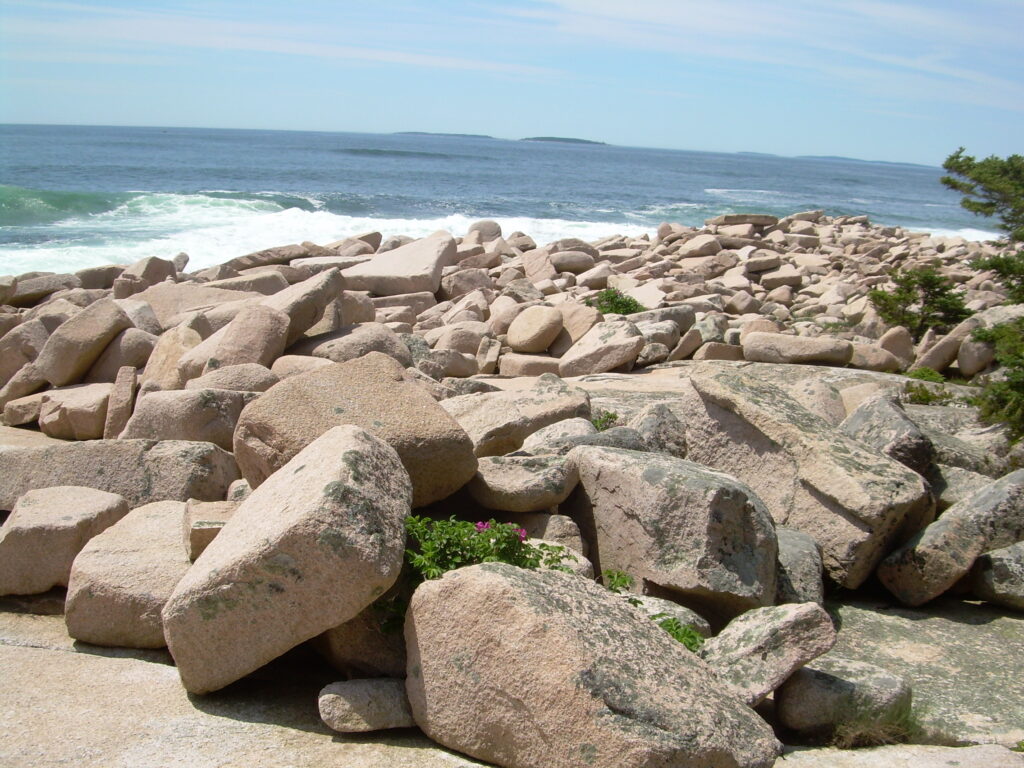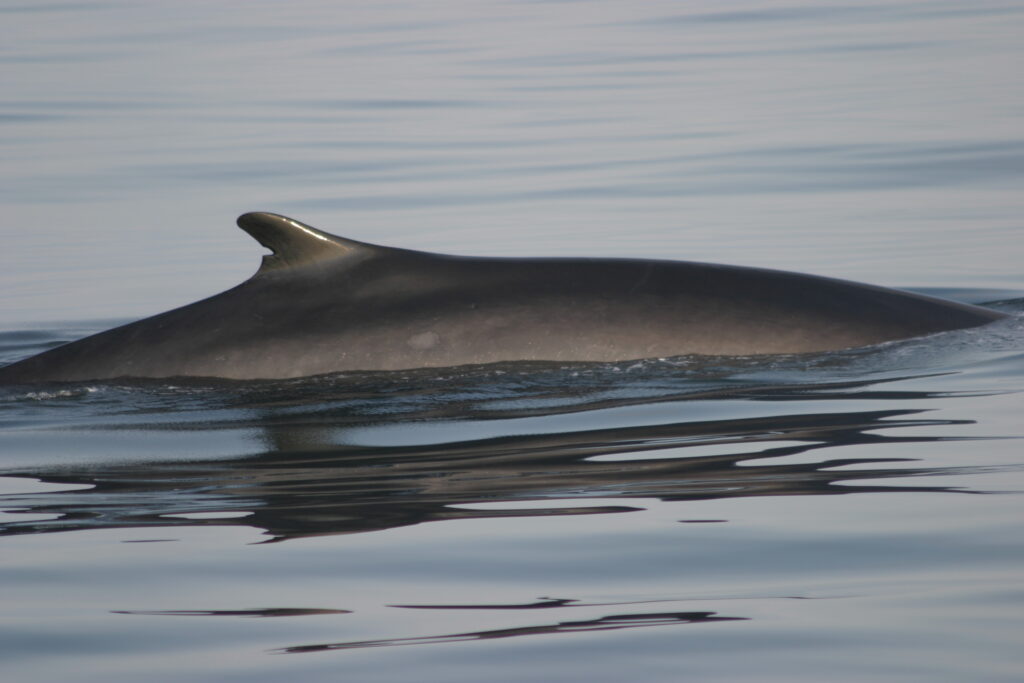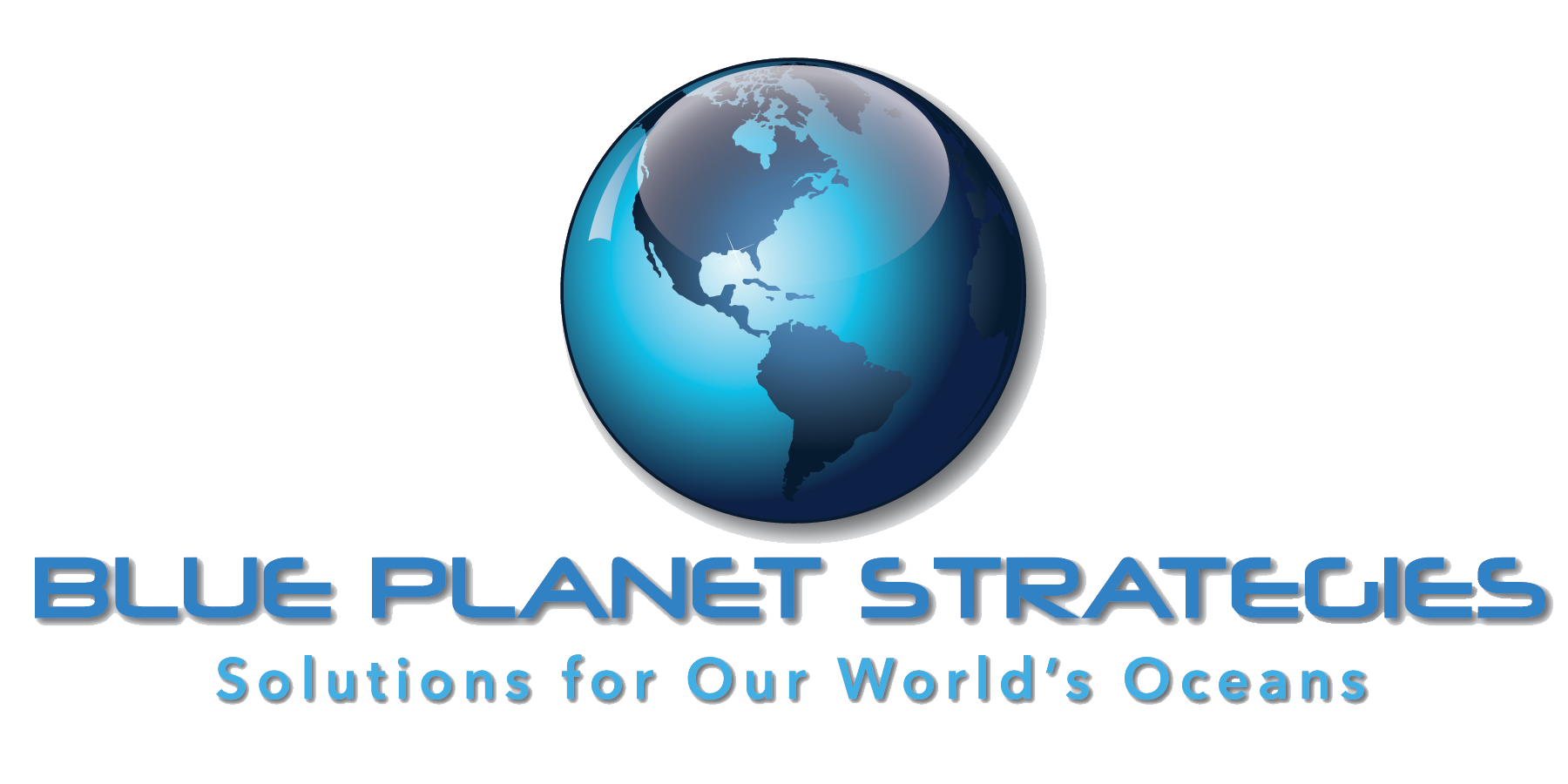
The Blue Planet Strategies team has local, national, and international expertise in Ocean Law, Science, Policy, Campaign Strategy, and Organizational Development. We have worked with people all over the world, and built relationships with colleagues that enable us to expand our reach, access knowledge, and enter into partnerships that help us find solutions to the complex challenges facing our world’s oceans.
Roger Fleming is an ocean law attorney with 20 years of experience in strategic litigation, administrative law, and legislative practice. He combines this legal expertise with nearly as many years of experience in campaign strategy and policy development. Prior to co-founding Blue Planet Strategies, he worked at Earthjustice, Conservation Law Foundation, the U.S. Environmental Protection Agency, and the U.S. Department of Justice. He has also taught at the University of Maine School of Law’s Center for Ocean and Coastal Law, and worked as a senior policy analyst in the New York State Assembly. He has successfully litigated cases and worked on campaigns on behalf of commercial and recreational fishermen, local eNGO and watershed groups, and some of the world’s largest eNGOs.
These efforts have helped protect thousands of square miles of ocean and coastal marine habitat, establish sustainable commercial fisheries, protect threatened and endangered wildlife, and preserve working ocean waterfronts. Some examples of this work include:
- Establishing and defending the Atlantic Ocean’s first National Marine Monument (the Northeast Canyons and Seamounts Marine National Monument),
- Establishing deep sea coral protections from commercial fishing in U.S. Mid-Atlantic and Northeast regions,
- Establishing the first catch limits for the New England groundfish fishery,
- Establishing the first ecosystem-based catch limits for Atlantic herring and other East Coast forage fish,
- Reopening the St. Croix River in Maine and Canada to river herring,
- Establishing conservation-based reforms of the aquaculture industry,
- Strengthening the United States’ primary fishing law, the Magnuson-Stevens Act, and
- Establishing fishermen co-operatives and local management organizations.

